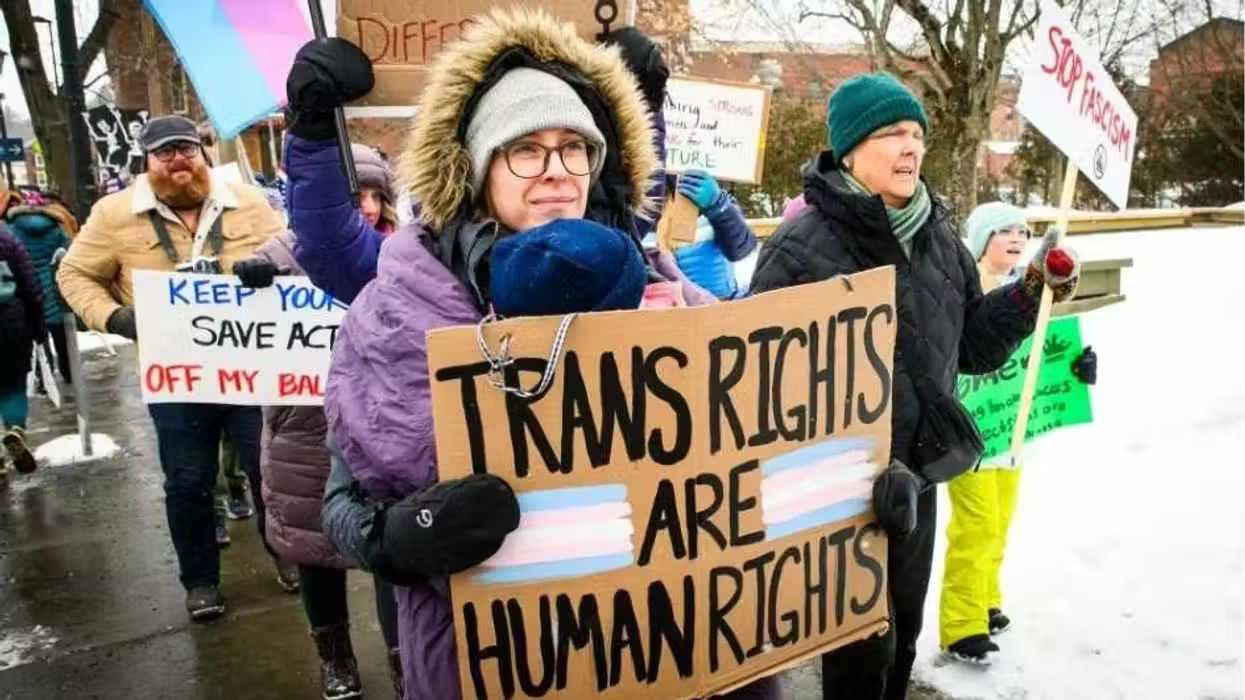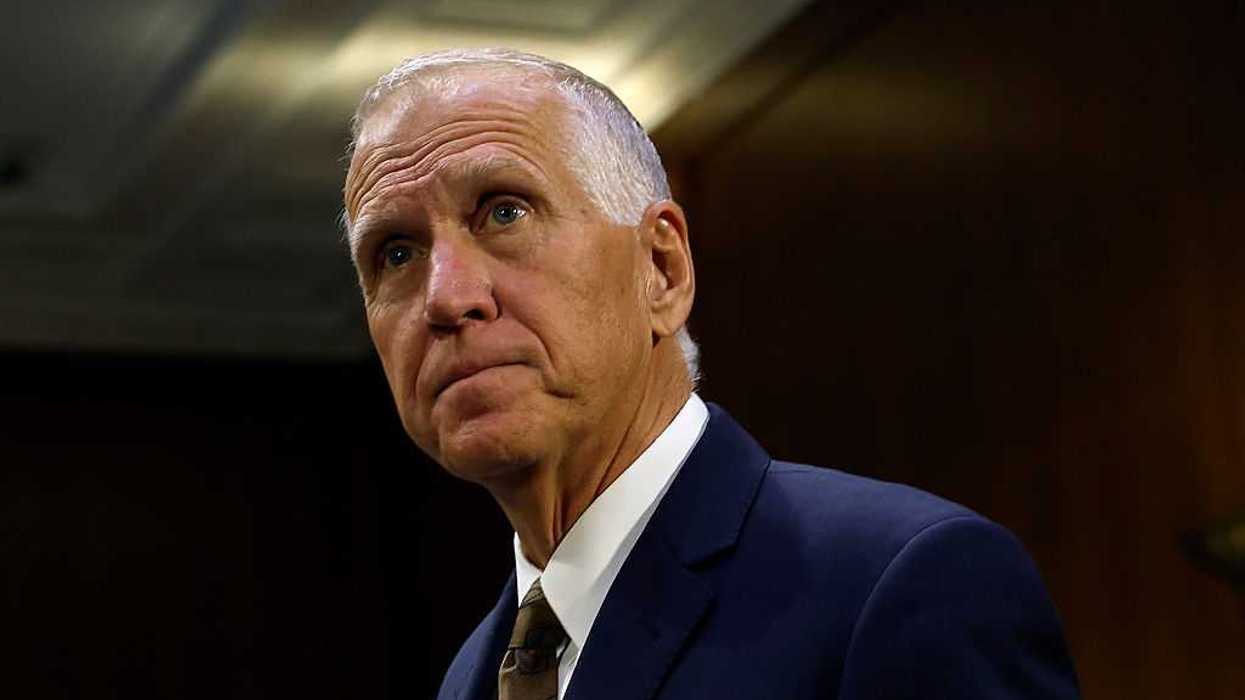
© 2026 Blaze Media LLC. All rights reserved.
Has Your Inhaler Been Banned Out of Environmental Concerns? It Could Cost You
September 22, 2011
"talk about switching to a different medicine to treat your asthma"
WASHINGTON (The Blaze/AP) -- If you have asthma and rely on an over-the-counter inhaler, you'll need to switch a prescription-only alternative by 2012 as part of the federal government's latest attempt to protect the Earth's atmosphere. And this switch will probably cost you.
The Food and Drug Administration said Thursday patients who use the epinephrine inhalers to treat mild asthma will need to switch by Dec. 31 to other types that do not contain chlorofluorocarbons, an aerosol substance once found in a variety of spray products but has since been removed from many.
But the switch to a greener inhaler will cost consumers more. Epinephrine inhalers are available via online retailers for around $20, whereas the alternatives, which contain the drug albuterol, range from $30 to $60.
Phasing out of epinephrine inhalers began in 2008. Watch this 2010 FDA video about the process:
Right now there is only one OTC inhaler on the market -- Armstrong Pharmaceutical's Primatene mist. Other manufacturers have already switched to the more environmentally-friendly propellant called hydrofluoroalkane. Both types of inhalers offer quick-relief to symptoms like shortness of breath and chest tightness. The inhalers containing hydrofluoroalkane are only available via prescription.
"If you rely on an over-the-counter inhaler to relieve your asthma symptoms, it is important that you contact a health care professional to talk about switching to a different medicine to treat your asthma," said Badrul Chowdhury, FDA's director of pulmonary drug division.
Chowdhury told reporters and doctors via teleconference that "in the worst case scenario we are looking at 1 to 2 million people using" Primatene, adding that most of those patients likely use multiple medications to treat their asthma.
NPR writes that the company's label has been notifying users of the phase out. The action is part of an agreement signed in 1987 by the U.S. and other nations to stop using substances that deplete the ozone layer, a region in the atmosphere that helps block harmful ultraviolet rays from the Sun.
Want to leave a tip?
We answer to you. Help keep our content free of advertisers and big tech censorship by leaving a tip today.
Want to join the conversation?
Already a subscriber?
more stories
Sign up for the Blaze newsletter
By signing up, you agree to our Privacy Policy and Terms of Use, and agree to receive content that may sometimes include advertisements. You may opt out at any time.
Related Content
© 2026 Blaze Media LLC. All rights reserved.
Get the stories that matter most delivered directly to your inbox.
By signing up, you agree to our Privacy Policy and Terms of Use, and agree to receive content that may sometimes include advertisements. You may opt out at any time.






